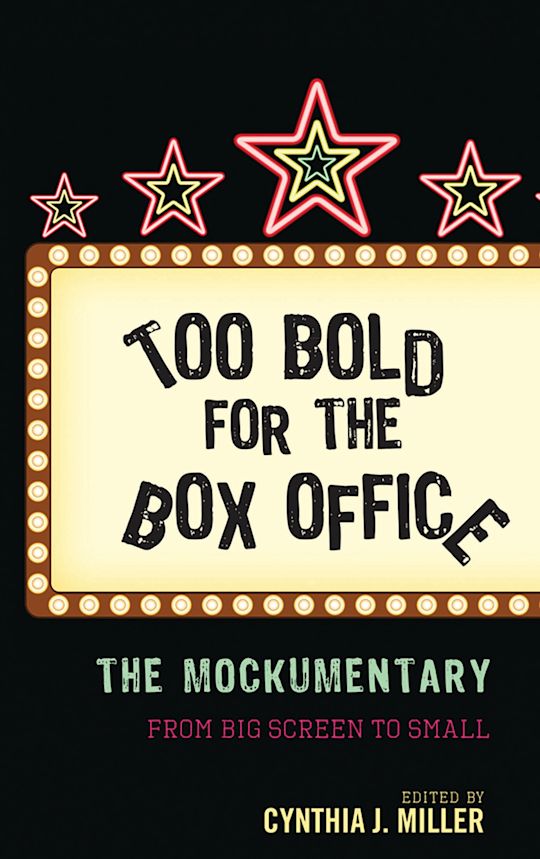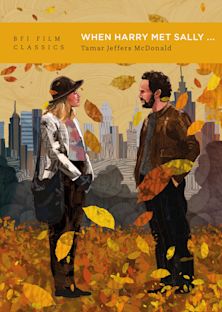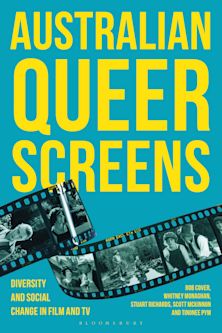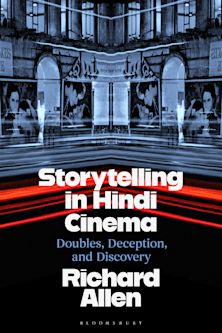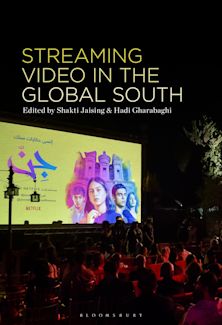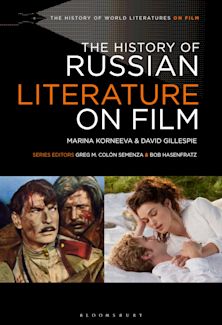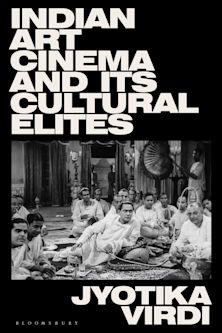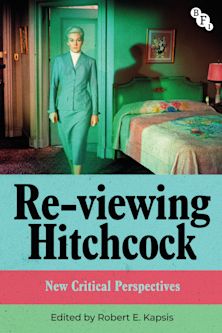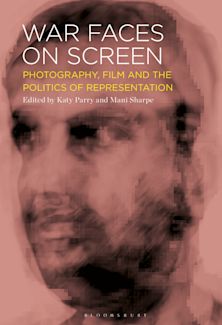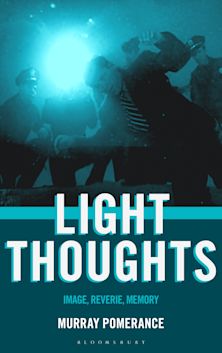- Home
- ACADEMIC
- Film & Media
- Film History
- Too Bold for the Box Office
Too Bold for the Box Office
The Mockumentary from Big Screen to Small
Too Bold for the Box Office
The Mockumentary from Big Screen to Small
You must sign in to add this item to your wishlist. Please sign in or create an account
Description
Although considered a relatively new genre, the mockumentary has existed nearly as long as filmmaking itself and has become one of the most common forms of film and television comedy today. In order to better understand the larger cultural truths artfully woven into their deception, these works demonstrate just how tenuous and problematic our collective understandings of our social worlds can be.
In Too Bold for the Box Office: The Mockumentary from Big Screen to Small, Cynthia J. Miller has assembled essays by scholars and filmmakers who examine this unique cinematic form. Individually, each of these essays looks at a given instance of mockumentary parody and subversion, examining the ways in which each calls into question our assumptions, pleasures, beliefs, and even our senses. Writing about national film, television, and new media traditions as diverse as their backgrounds, this volume’s contributors explore and theorize the workings of mockumentaries, as well as the strategies and motivations of the writers and filmmakers who brought them into being.
Reflections by filmmakers Kevin Brownlow (It Happened Here), Christopher Hansen (The Proper Care and Feeding of An American Messiah), and Spencer Schaffner (The Urban Literacy Manifesto) add valued perspective and significantly deepen the discussions found in the volume’s other contributions. This collection of essays on films, television programming, and new media illustrates common threads running across cultures and eras and attempts to answer sweeping existential questions about the nature of social life and the human condition.
Table of Contents
Introduction
PROLOGUE: Nothing New under the Sun – Or on Film (Jerome Kuehl)
LOST HISTORIES
Chapter 1: Making up Mammy: Re-enacting Historical Erasure and Recasting Authenticity in Cheryl Dunye’s The Watermelon Woman (Eve Allegra Raimon)
Chapter 2: Peter Delpeut’s The Forbidden Quest: Truth in Fiction (Robert Weiner)
Chapter 3: Mercury’s on the Launch Pad, but Cadillac’s on the Moon: The Old Negro Space Program (Cynthia J. Miller & A. Bowdoin Van Riper)
POPULAR CULTURE AS COMMENTARY
Chapter 4: Polka Settles the Score in The Schmenges: The Last Polka (Linda Kornasky)
Chapter 5: Experiments in Parody and Satire: Short-Form Mockumentary Series (Craig Hight)
Chapter 6: Commando Raids on the Nature of Reality (Gary D. Rhodes)
DARING TO BELIEVE
Chapter 7: Aching to Believe: Forgotten Silver and National Identity (Scott Wilson
Chapter 8: ‘That’s Not Zen!’: Mocking Ethnographic Film in Doris Dörrie’s Enlightenment Guaranteed (Heather Merle Benbow
Chapter 9: The Proper Care and Feeding of An American Messiah (Christopher Hansen)
THE WAR THAT WASN’T
Chapter 10: It Might Have Happened Here: How Nazi Germany Won the War (C. Tibbetts)
Chapter 11: Between What Is and What If: Kevin Willmott’s CSA (Thomas Prasch)
Chapter 12: The “Serious” Mockumentary: The Trivialization of Disaster? The Case of Peter Watkins (James M. Welsh)
Chapter 13: The Making of It Happened Here (Kevin Brownlow)
EPILOGUE: Mockumentaries Meet New Media (Spencer Schaffner)
Filmography
Index
About the Contributors
About the Editor
Product details
| Published | 02 Aug 2012 |
|---|---|
| Format | Ebook (Epub & Mobi) |
| Edition | 1st |
| Extent | 302 |
| ISBN | 9780810885196 |
| Imprint | Scarecrow Press |
| Illustrations | 70 BW Photos |
| Publisher | Bloomsbury Publishing |
About the contributors
Reviews
-
In his prologue to this volume, Jerome Kuehl introduces the Office Cat, his clever trope to suggest the role of film researcher in exposing faked, misused, or dishonestly employed footage masquerading as factual film (e.g., the BBC's Swiss Spaghetti Harvest, 1957). This historical overview provides a platform for Miller's motley crew of scholars and filmmakers to launch their brilliant, insightful, and utterly enjoyable essays on the mockumentary, that subgenre of media that parodies and subverts the often-solemn form of the documentary. The collection explores how the mockumentary functions as social commentary, offering cultural critiques with humor and transgression. Among the contributors are cinema pioneer Kevin Brownlow, who discovered that his It Happened Here had been used as actual archival footage; historian John Tibbetts, who maps out the counterfactual rewriting of history with Brownlow's dramatization of the Nazis invading London; and Linda Kornasky, who treats The Schmenges: The Last Polka, a mockumentary with its own panache. Of particular delight is filmmaker Chris Hansen's discussion of the inspiration and making of his satiric narrative American Messiah. This excellent compilation interrogates the "truthiness" of mock histories and cultural commentaries. Summing Up: Highly recommended. All readers.
Choice Reviews
-
Taking BBC Panorama’s classic Spaghetti Harvest of 1957 as a starting point, Cynthia Miller has collected a number of essays that examine the ‘mockumentary’, broadly-speaking the art of spoof documentaries. Perhaps the ones that most of us are familiar with are the ones associated with Christopher Guest, like This Is Spinal Tap & Best in Show or even The Office, but a joy of this book is that it introduces us to other titles not so familiar.
Archive Zones
-
The volume is a valuable compilation of writing on a genre that will only become more important as new technologies enable non-Hollywood filmmakers to make their own distinctive cinematic statements.
Journal of American Culture









